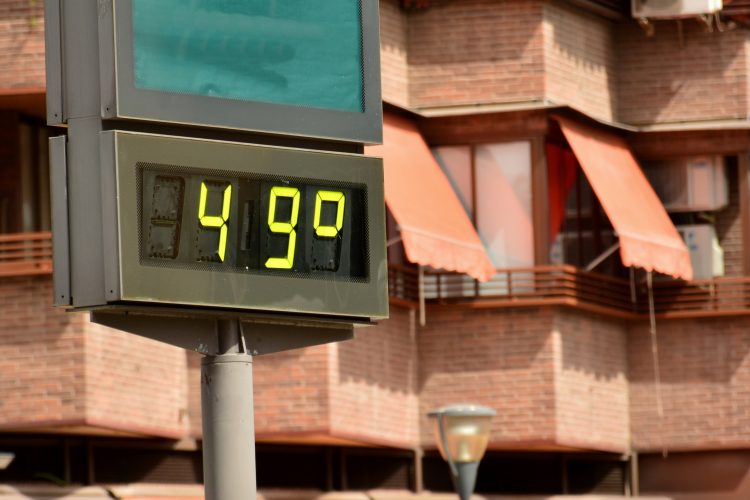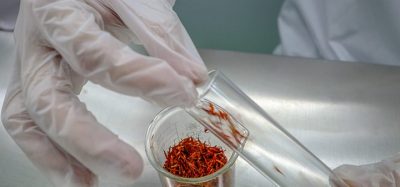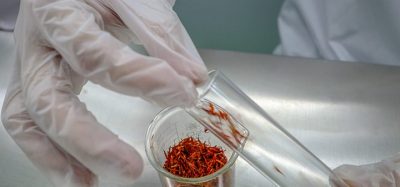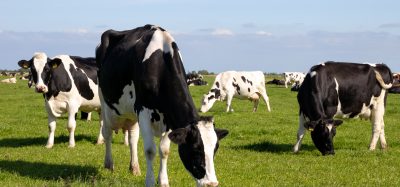Is food inflation really coming to an end?
- Like
- Digg
- Del
- Tumblr
- VKontakte
- Flattr
- Buffer
- Love This
- Odnoklassniki
- Meneame
- Blogger
- Amazon
- Yahoo Mail
- Gmail
- AOL
- Newsvine
- HackerNews
- Evernote
- MySpace
- Mail.ru
- Viadeo
- Line
- Comments
- Yummly
- SMS
- Viber
- Telegram
- Subscribe
- Skype
- Facebook Messenger
- Kakao
- LiveJournal
- Yammer
- Edgar
- Fintel
- Mix
- Instapaper
- Copy Link
Posted: 10 August 2023 | Professor Chris Elliott | No comments yet
Professor Chris Elliott asks whether this truly is the beginning of the end of food inflation, or whether it’s only just getting started…


Temperatures have soared in Europe in 2023 making food production difficult
We are marking the second anniversary of when the rampant food inflation in the UK really kicked off. The soaring cost of food over this period has caused huge amounts of hardship, with many people struggling to pay their bills and keep food on the table for the family.
The reasons for the large increases in food prices have been well documented, debated and even argued about. However, what cannot be denied is that the UK has suffered more when it comes to price rises just about any.
The reasoning for this could be subject to debate but when all the complex factors are looked at there are two in the UK which the majority of the world do not face, or at least to the same degree.
The impact of Brexit on food inflation has been calculated by the London School of Economics which found that about one third of our food price related woes have stemmed from Britain leaving the European Union. But this is not exactly breaking news.
A second factor that I believe only a few realise is that, according to the Food and Agriculture Organization of the United Nations (FAO), the UK is the world’s third largest net importer of food and drink behind only China and Japan. Therefore the UK is highly exposed and subsequently vulnerable to the global food markets and the recent droughts, floods and other adverse weather conditions that have caused so much damage across the world and have directly affected what we pay for food.
I’ve previously written about how the war in Ukraine has affected wheat and cereal prices though these appeared to stabilise. However, with Russia pulling out of the Black Sea grain deal and Ukraine now Russian naval ships in the same region, I fear food prices will increase substantially over the coming months to fuel further food inflation.
In addition, I also recently considered the impact the rice export ban in India would have. Since then, news that the Thai Government is actively encouraging its farmers to reduce the amount of rice they grow is a worrying escalation and is something I believe will lead to further price rises for the commodity. The reason for this is again linked to our climate crisis and the shortage of water due to the El Niño effect in reducing rainfall in this region. When I was reading into the background of this announcement, I became aware of a staggering statistic from the World Wildlife Fund, revealing that it takes between 3,000 and 5,000 litres of water to produce one single kilogramme of rice.
Extreme weather has also been affecting crop growth throughout the world. As a recent example, think about the heatwave that’s hit Europe recently and has caused the dissemination of cereal crops. I could give many more examples of how our climate crisis is going to cause food shortages globally and closer to home and keep massive pressures on costs which will in turn drive up inflation. Put starkly, food is going to get more and more expensive.
At least in the UK, our Government seems totally oblivious to what has been coming down the track in terms of our national food security. The recent reversal of some green policies is a clear indictor that they care very little about this. Winning some extra votes at the next general election seems to be so much more important than accepting the abundantly clear evidence of the planetary crisis we are facing into and how this will impact each and every citizen that lives in our country.
Get ready for Thérèse Coffey (or indeed whoever replaces her at the next government reshuffle) to once again say













